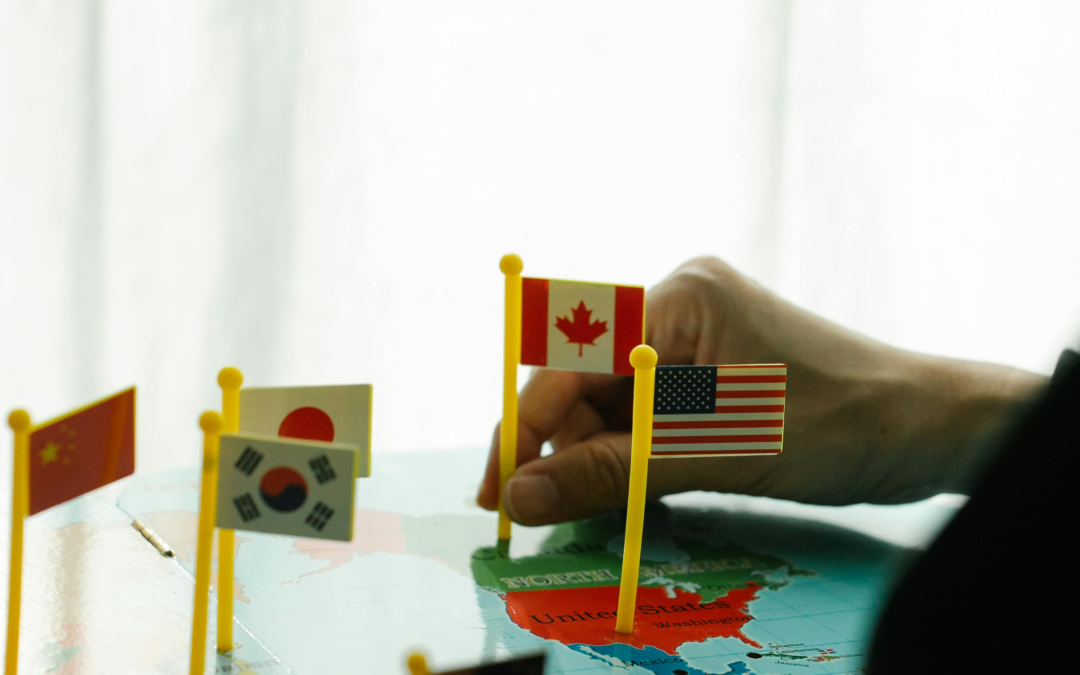The 2025 U.S.-Japan Security Seminar, held at the Center for Strategic and International Studies (CSIS), provided a significant platform for discussing the evolving dynamics of the U.S.-Japan alliance amidst a complex global security landscape. The seminar featured esteemed leaders such as John J. Hamre, H.E. Takeshi Iwaya, and Kenichiro Sasae, each offering valuable insights into the current state and future of Japan’s strategic posture and its partnership with the United States.
John J. Hamre, President and CEO of CSIS, opened the seminar on a chilly day in Washington, reflecting on the 31-year-long partnership with the Japan Institute of International Affairs (JIIA). He underscored the importance of this strategic dialogue in shaping U.S.-Japan relations, particularly in light of Japan’s historical ambivalence toward its military forces. Hamre noted a notable transformation in Japan’s defense strategy over the past three decades, especially in recent years, highlighting the evolving perceptions of military roles among the Japanese public. This sets the stage for a significant conversation about Japan’s defense policies.
Following Hamre’s remarks, H.E. Takeshi Iwaya, Japan’s Minister for Foreign Affairs, provided context by referring to the recently held 31st annual Japan New Year security seminar, emphasizing its timing just after the first summit meeting between Japan and the United States following the inauguration of the Trump administration. Iwaya articulated the commitment of the Japanese Prime Minister and President Trump to strengthen their bilateral relationship, reflecting on his own experiences attending both the summit and the inauguration. He stressed the centrality of the Japan-U.S. alliance in maintaining diplomacy and security, particularly in an increasingly troublesome security environment. Iwaya articulated the necessity of modernizing the alliance, advocating for enhanced deterrence capabilities, better defense cooperation, and strategic discussions through frameworks such as the Two-plus-Two meetings.
Iwaya also highlighted Japan’s proactive engagement with like-minded nations, including recent visits to Korea and the Philippines to fortify regional alliances. His remarks stressed the growing significance of addressing new security demands, particularly where lines between peacetime and conflict become blurred. He called for a broader discourse around economic security and the collaboration necessary with various stakeholders, including the private sector, underlining the multi-faceted approach required to navigate contemporary security challenges.
Kenichiro Sasae, President of the JIIA, underscored the economic dimensions of the U.S.-Japan partnership, arguing for a robust economic presence alongside the United States to counterbalance Chinese influence in Southeast Asia. He highlighted the importance of maintaining a partnership that extends beyond traditional assistance to incorporate rigorous security cooperation. Sasae acknowledged that the U.S. has a unique capability to foster relationships with Southeast Asian nations, enhancing opportunities for collaboration within the region. He advocated for an open trade system and expressed hope for the U.S. to re-engage with multilateral efforts and trade frameworks despite current administrative challenges.
The seminar transitioned into a panel discussion moderated by Nicholas Szechenyi, Senior Fellow at CSIS and Vice President of the Geopolitics and Foreign Policy Department. He introduced a range of experts, including Professor Kazato Suzuki and Christi Golla, who provided their perspectives on the implications of recent high-level meetings between Prime Minister Ishiba and President Trump. The discussion pivoted toward Japan’s principal concerns regarding the U.S.-China dynamic, particularly as Trump’s engagements with North Korean and Russian leaders introduced new uncertainties.
In summary, the 2025 U.S.-Japan Security Seminar effectively illuminated the significance of the U.S.-Japan alliance in navigating contemporary geopolitical challenges. The dialogues fostered a deeper understanding of the evolving nature of security cooperation, the necessity for economic collaboration, and the urgent need for strategic alignment in an unpredictable international landscape. The collective insights from prominent leaders underscored the importance of a united approach to maintain peace and stability in the Indo-Pacific region, while also advocating for continued dialogue and partnership to adapt to the complexities of current global affairs.

